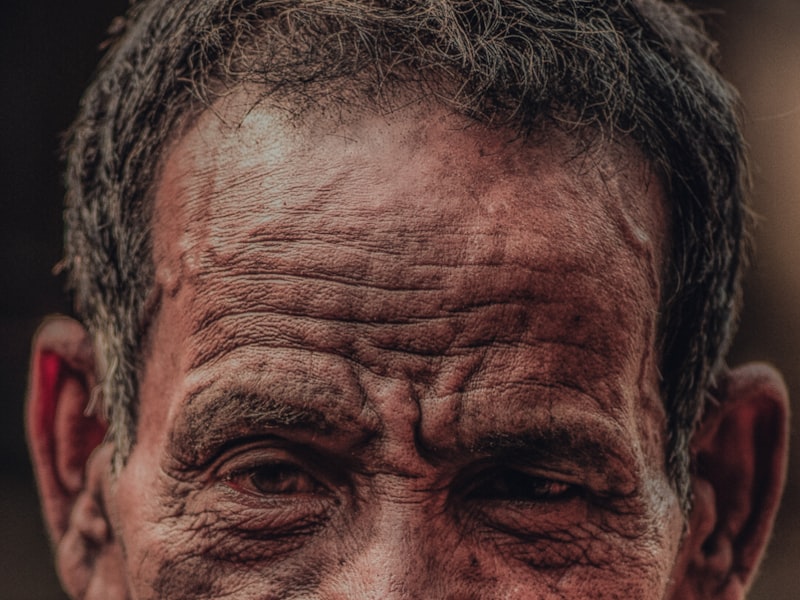Navigating the Complex Terrain of Sex Tolerance in Asia

Sex tolerance, or the level of societal acceptance and understanding of diverse sexual orientations, identities, and behaviors, varies significantly across Asia. The continent's numerous cultures, religious beliefs, and political landscapes have contributed to a complex and evolving landscape of intercourse tolerance. This article explores the challenges and progress associated to sex tolerance in Asia.
Cultural and Religious Diversity: Asia is thought for its wealthy tapestry of cultures and religions. While some countries have made significant strides in recognizing and accepting various sexual orientations, others proceed to uphold conservative beliefs that stigmatize non-heteronormative identities. Conservative interpretations of religious texts can exacerbate this divide.
Legal Frameworks: The authorized landscape concerning LGBTQ+ rights and intercourse tolerance varies extensively throughout Asia. While some countries have decriminalized homosexuality and enacted anti-discrimination laws, others maintain punitive measures and harsh penalties for same-sex relationships. This legal disparity has a profound impact on the lived experiences of LGBTQ+ people.
Social Stigma and Discrimination: Stigmatization and discrimination in opposition to LGBTQ+ people persist in lots of components of Asia. This discrimination can manifest in numerous varieties, including social ostracization, bullying, and limited entry to education and healthcare. The concern of rejection and backlash often forces LGBTQ+ individuals to hide their identities.
Advocacy and Activism: Despite the challenges, Asia has seen an increase in LGBTQ+ advocacy and activism. Grassroots organizations, usually led by courageous people, have been instrumental in raising awareness, challenging discriminatory insurance policies, and providing help to marginalized communities.
Generational Shifts: There are noticeable generational variations in attitudes towards sex tolerance in Asia. Younger generations are usually extra accepting and open-minded, difficult traditional norms and advocating for LGBTQ+ rights. This generational shift is gradually reshaping societal perceptions.
Media Representation: The media performs a crucial role in shaping public opinion and fostering tolerance. Positive portrayals of LGBTQ+ people in film, television, and literature can contribute to higher understanding and acceptance. However, media censorship and conservative values in some countries can restrict such representation.
Healthcare and Support Services: Access to LGBTQ+-friendly healthcare and help providers varies throughout Asia. In some countries, healthcare suppliers have acquired training to address the specific wants of LGBTQ+ sufferers. However, in others, healthcare discrimination stays a significant concern.

International Influence: Global movements for LGBTQ+ rights and rising strain from worldwide organizations have pushed some Asian countries to reevaluate their policies and think about higher intercourse tolerance. International advocacy performs a pivotal function in holding governments accountable for human rights violations.
Challenges of Intersectionality: The experiences of LGBTQ+ individuals in Asia are further difficult by intersectionality. LGBTQ+ individuals who belong to other marginalized teams, such as ethnic minorities or these with disabilities, face compounded discrimination and hardship.
In conclusion, the panorama of intercourse tolerance in Asia is multifaceted, reflecting the continent's vast range and contrasting beliefs. visit us toward larger acceptance is evident in some areas, however significant challenges persist. Efforts to advertise sex tolerance have to be delicate to local cultures and contexts whereas upholding the principles of equality and human rights. As Asia continues to evolve, it is important to foster an surroundings where all people, no matter their sexual orientation or gender identification, can reside without concern of discrimination and prejudice..
